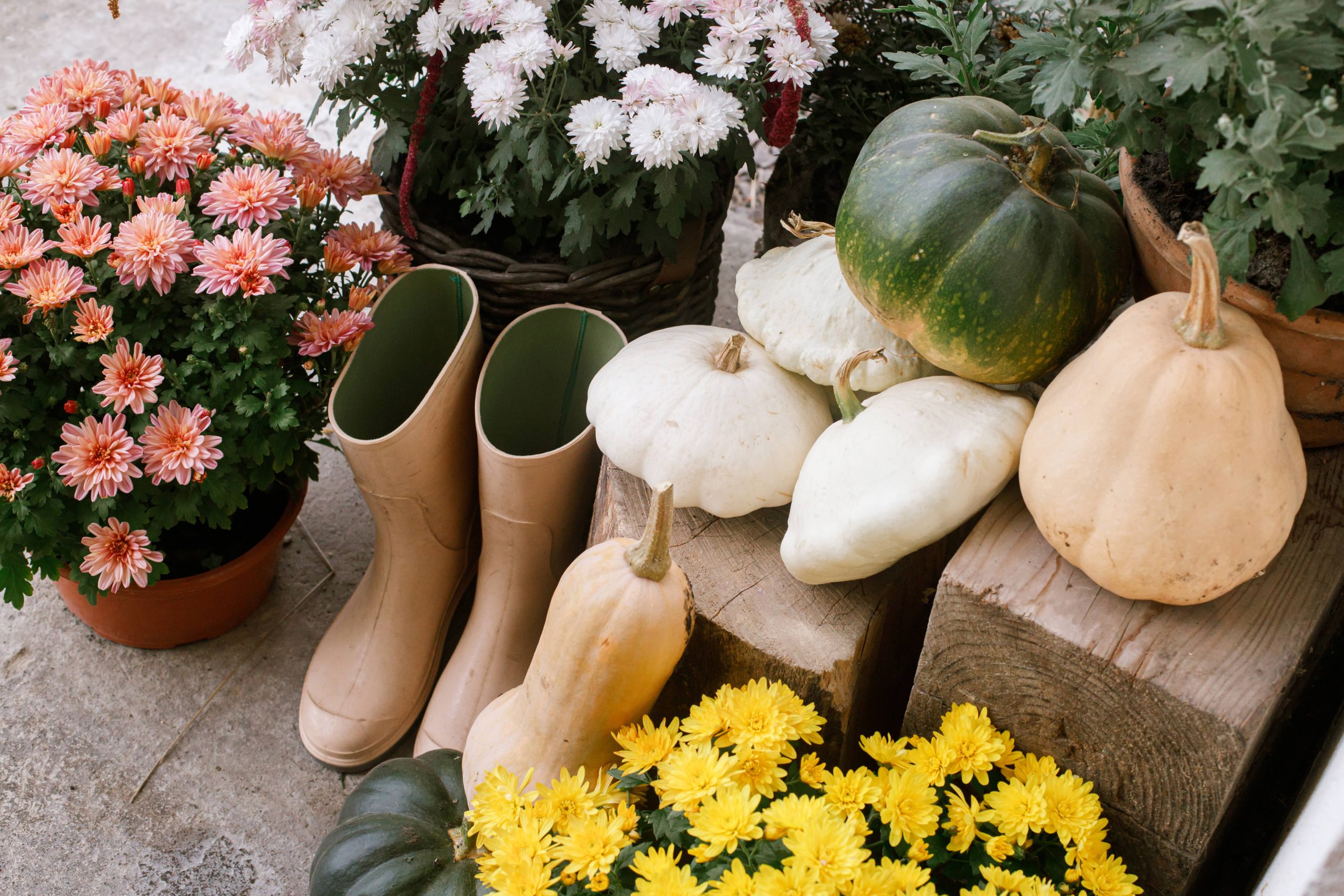
As the golden hues of autumn fade and the chill of winter sets in, many gardeners might think their work is done until the first signs of spring. However, the winter months present a wonderful opportunity to improve your soil quality using compost. Composting is not just a spring or summer activity; even during the colder months, it can significantly enhance the nutrient profile and texture of your garden soil. This blog will guide you through effectively using compost over winter to improve soil quality, ensuring a rich and fruitful growing season ahead.
Understanding Winter Composting
First, let’s address the elephant in the room: can you compost in winter? The answer is a resounding yes! While the decomposition process does slow down due to lower temperatures, it does not come to a complete halt. Microorganisms continue to break down materials, though at a slower pace. But fear not—this gentle, enduring composting process can significantly benefit your soil come spring.
The Benefits of Composting in Winter
1. Soil Enrichment: Compost adds essential nutrients back into the soil, including nitrogen, phosphorus, and potassium. These nutrients are vital for plant health and development and are naturally returned to the soil, reducing the need for chemical fertilizers.
2. Improved Soil Structure: Winter composting can enhance soil texture by adding organic matter, which improves its ability to retain moisture and nutrients while simultaneously promoting drainage and reducing soil compaction.
3. Erosion Prevention: Applying compost during the winter can help protect your soil from erosion. The organic matter holds the soil together, protecting it from wind and rain disturbances.
4. Winter Weed Barrier: A healthy layer of winter compost can suppress weed growth, keeping your beds cleaner and more manageable by spring.
5. Sustainability: Composting is an environmentally friendly practice that reduces landfill waste and cuts down on the carbon footprint associated with transporting organic waste.
How to Compost Over Winter
1. Choose the Right Spot: If you already have a designated compost pile or bin, you’re set. If you’re starting new, find a spot with good drainage and exposure to winter sun; this will help maintain a higher internal temperature.
2. Layer Wisely: Like your classic summer layering efforts (browns like leaves and straw, greens like vegetable scraps and grass clippings), winter composting requires balance. With fewer grass clippings available, rely more on kitchen scraps alongside your fallen autumn leaves to maintain a healthful compost balance.
3. Insulate Your Pile: Winters are cold, but with a little effort, you can keep your compost pile working. Surround your pile with straw bales or an old carpet for insulation, or cover it with a tarp to retain heat and moisture.
4. Aerate Occasionally: While turning the compost pile might not be as crucial in winter, occasional aeration—even monthly—ensures the decomposition process proceeds effectively and discourages any unwanted odors.
5. Consider a Compost Bin: Enclosed compost bins can retain heat more efficiently than open piles. If you’re very keen, consider using a tumbler-style compost bin which makes turning the compost easier during colder months.
6. Keep critters at bay: In colder weather, wildlife is bolder and hungrier. Ensure your compost pile does not attract unwanted animals by burying food scraps deeper into the pile and avoiding animal products and fats.
Using Your Winter Compost
When the first hints of spring arrive, it’s time to unleash the power of your winter compost. Add the compost to your garden beds, vegetable patches, and around perennials. Not only will this nourish the plants with slow-release nutrients, but it will also improve soil structure for better root growth.
The Long-Term Benefits
By integrating compost into your winter gardening routine, you’re investing in the long-term health of your soil. Year-round composting encourages a proliferation of earthworms and beneficial microorganisms that create a rich, living soil. This foundation supports healthier plants and more bountiful harvests, not just in the immediate growing season but for years to come.
Overcoming Winter Composting Challenges
Winter composting does come with its own set of challenges. The decomposition process is undoubtedly slower, and it requires more thoughtful management. However, with some planning and commitment, these challenges are easily overcome. Remember to regularly check on your compost pile, add the right balance of materials, and ensure adequate protection from the elements.
Conclusion
As nature enters its dormancy period, so too can a gardener’s focus transition from tending plants to enriching the soil through winter composting. Embrace this season as an opportunity, not a hiatus. By preparing your garden now, using the power of compost, you’ll not only improve your soil quality but also ensure that when the first blossoms of spring appear, your garden is ready to thrive. So, gather your kitchen scraps, stir in the autumn leaves, and embrace the season of enriching your garden soil. Your plants—and your future harvest—will thank you. Happy composting!







